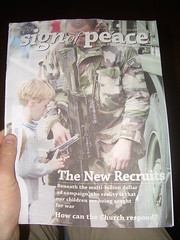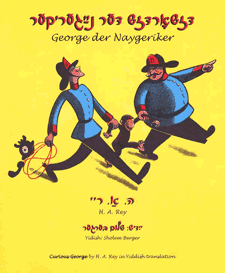 Most young Americans don’t have a firsthand experience of war. Many grow up with no experience of intense violence at all. Their attitudes towards these things are shaped by art: books, TV shows, the news, and movies.
Most young Americans don’t have a firsthand experience of war. Many grow up with no experience of intense violence at all. Their attitudes towards these things are shaped by art: books, TV shows, the news, and movies.
David Griffith, author of A Good War Is Hard to Find: The Art of Violence In America, is one of those people. So am I.
My peers and I really didn’t question violent entertainment while we were growing up, I think in part because we figured the stories told by adults were probably a good reflection of the world. (Today’s young people may be naturally more skeptical of these sorts of stories, since they can easily share their own videos with their peers over the Internet, and because their video games are more immersive—they can all use adult tools to act out their own stories. For people of my and Griffith’s generation, access to these tools implied some sort of legitimacy.)
In the essay “Some Proximity to Darkness” in Good War, Griffith revists the movies that shaped his sensibilities as a young man, this time taking a cold, hard look at them. I was shaped by many of these movies, and while reading the book I felt that Griffith was taking a cold, hard look inside my own head. Quite a trip.
Continue reading “God, violence, and what I watched growing up”


